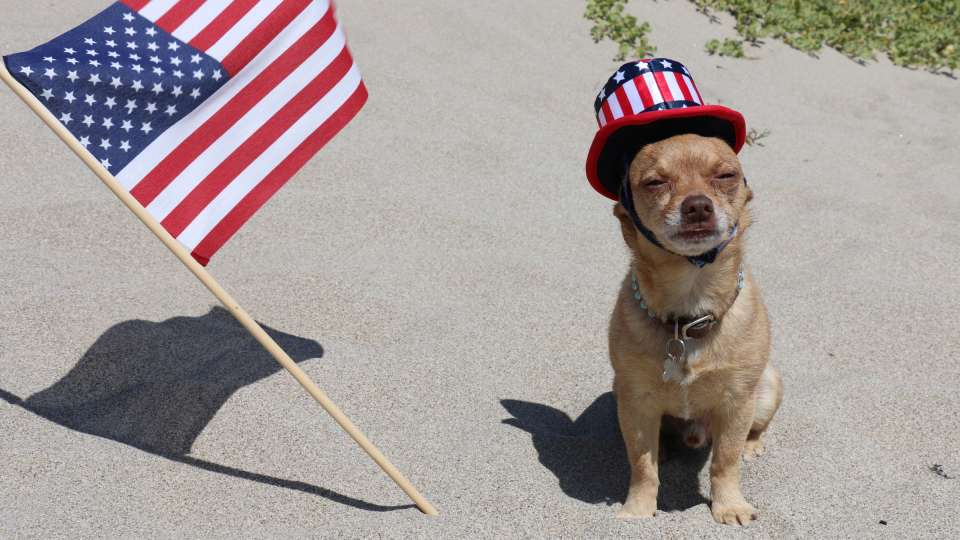
The phrase “busiest time of the year” usually has good connotations, but the opposite is true at a hospital. At Harborview Medical Center, the only Level I adult and pediatric trauma and burn center in Washington, Alaska, Montana and Idaho, the busiest time of the year means more people are getting hurt.
And that busiest time is summer.
“We see a wide variety of injuries that are summer-related, especially around the Fourth of July,” says Nick Johnson, M.D., a physician at Harborview’s emergency department. “We actually increase our staffing around the Fourth because of how busy it will get.”
Many injuries and illnesses that happen in the summer are preventable. Here are Johnson’s tips for keeping summer fun while avoiding a trip to the emergency department.
Think before you drink
Summer is full of hot weather and outdoor adventures and groups of friends. Which also means summer is usually full of alcohol. That’s fine if all you’re doing is sitting on the deck enjoying the sunshine, but when it comes to more adventurous activities, alcohol isn’t a good idea.
It’s obviously illegal to drink and drive, but that doesn’t stop people from doing it, Johnson says. You shouldn’t be drinking if you’re driving or operating anything (yes, including boats). It’s also best to abstain or limit your alcohol intake if you’ll be boating, doing water sports, biking, swimming or hiking—basically any activity that requires attention and quick reflexes. Even just a couple drinks can significantly lower your inhibitions and slow your reaction time, which can lead to more accidents.
Avoid playing with fire(works)
Unless you’re a professional at pyrotechnics, it’s best to leave fireworks displays to those who know what they’re doing (and have had safety training). Fireworks-related injuries include severe burns and hand injuries (sometimes involving amputation), as well as eye injuries that can result in permanent vision loss. Setting off fireworks on your own isn’t worth the risk, especially since there are plenty of places in Seattle and nearby cities where you can go to watch fireworks that are ten times more extravagant than anything you’d be able to pull off in your backyard. (Also, your dog will thank you.)
And please don’t let your children hold or set off fireworks, even seemingly benign ones like sparklers. All fireworks, no matter how small, pose serious safety hazards.
“We don’t encourage our kids to play with fire on any other day of the year, so why on July Fourth?” Johnson says.
Also, if you’re going to ignore this advice and light off fireworks anyway, never drink alcohol. You can probably imagine how gruesome that could get.
Be safe going over the river and through the woods
If you’re heading into the mountains for hiking or camping—or even into the backcountry—make sure you’re prepared, have studied weather conditions in the area, have the gear you need and have a backup plan in case something goes wrong. What would you do if you got injured? What about if you saw a bear? Keep in mind that summer can be deceptive: Some mountains will still have snow on them and might be colder at the summit than you’d think. Being prepared can ease your mind when venturing out into the wilderness.
Don’t make like a fish
Pacific Northwest rivers, lakes, and even the Sound are incredibly alluring come higher temperatures, especially after a long hike or other strenuous activity. But think twice before you dive in. Just because the air is warm doesn’t mean the water is.
“It’s quite possible and easy to get hypothermia from cold water exposure in the summer, even when it’s hot outside,” Johnson says. Your best bet? If you’re going to swim in a natural body of water, keep it short, and if you aren’t confident in your ability to stay afloat, stick to a lifeguard-supervised beach or pool instead.
Hydrate, hydrate, hydrate
Heat-related illness is another major cause of people coming in to the emergency department around the Fourth, Johnson says. This tends to happen more during years where there’s a heatwave, but it can happen anytime temps are high and people aren’t hydrating or protecting themselves from the sun. So bring your reusable water bottle with you and make sure you’re taking in enough fluids to prevent dehydration and heat stroke—and know how to recognize the symptoms of both. (Oh, and make sure you’re wearing sunscreen, too.)
Yes, all of these things are scary, especially when you think that people who wind up in the emergency department on July Fourth were just trying to relax and have fun. But you can still do that without endangering yourself—it just takes a little extra thought. So go forth, be safe and have a great holiday.

 Healthy ideas for your inbox
Healthy ideas for your inbox





